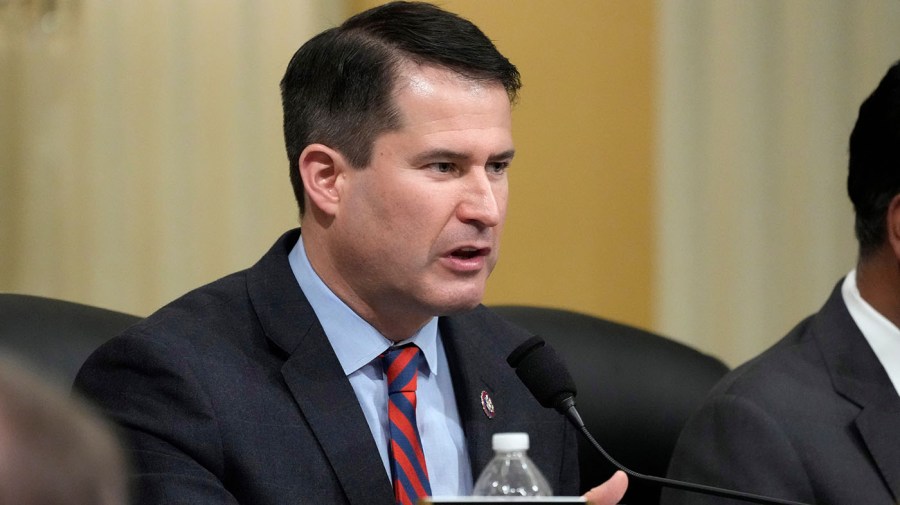
UPDATE: Rep. Seth Moulton (D-Mass.) has just announced that he will not only stop accepting further donations from the American Israel Public Affairs Committee (AIPAC) but will also return past contributions. This decision, revealed on October 12, 2023, comes amid increasing scrutiny of AIPAC’s close ties to Israeli Prime Minister Benjamin Netanyahu’s government.
Moulton emphasized his unwavering support for Israel’s right to exist but made it clear that he is unafraid to publicly disagree with AIPAC’s positions when he believes they are misguided. “I support Israel’s right to exist, but I’ve also never been afraid to disagree openly with AIPAC when I believe they’re wrong,” Moulton stated, highlighting the growing divide within U.S. political circles regarding Israel.
This decision marks a significant shift in Moulton’s stance, reflecting broader tensions within the Democratic Party regarding Israel’s policies and its government. AIPAC has been a prominent political force in American politics, often drawing criticism for its influence over U.S. foreign policy in the Middle East.
Moulton’s announcement signals a potential turning point in the relationship between progressive lawmakers and traditional pro-Israel advocacy groups. As the political landscape evolves, this move could resonate with younger constituents who are increasingly vocal about their demands for a more balanced approach to U.S.-Israel relations.
The implications of Moulton’s decision extend beyond his district in Massachusetts, with many watching to see if other lawmakers will follow suit. As political discourse around Israel intensifies, Moulton’s stance may embolden others to reconsider their ties with AIPAC.
With tensions escalating in the region and growing calls for a reevaluation of U.S. support for Israel, Moulton’s return of AIPAC donations could be a bellwether for future political alignments. Expect further developments as lawmakers respond to this urgent issue.
Stay tuned for updates on this developing story as it unfolds, and consider the ramifications for both U.S. politics and international relations.







